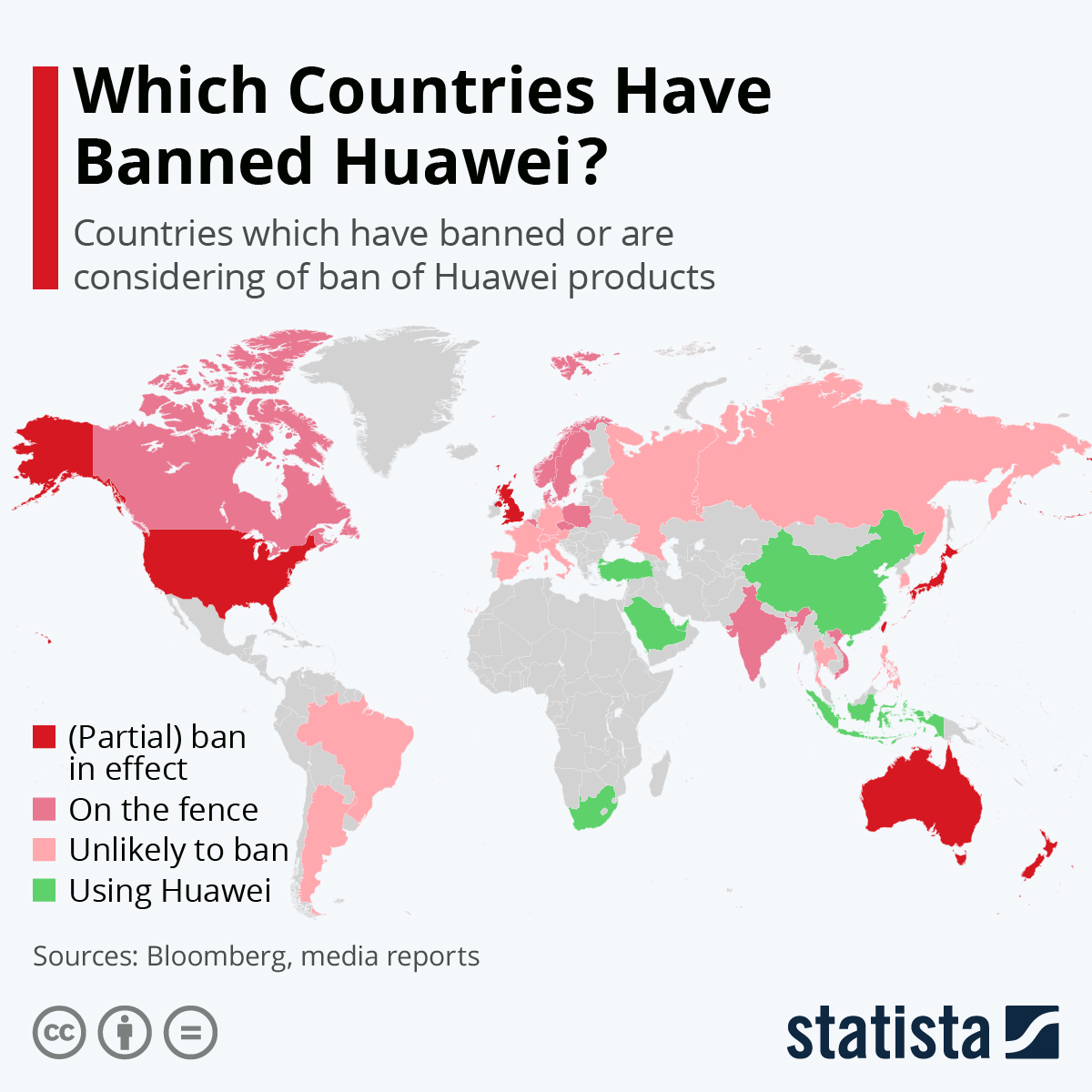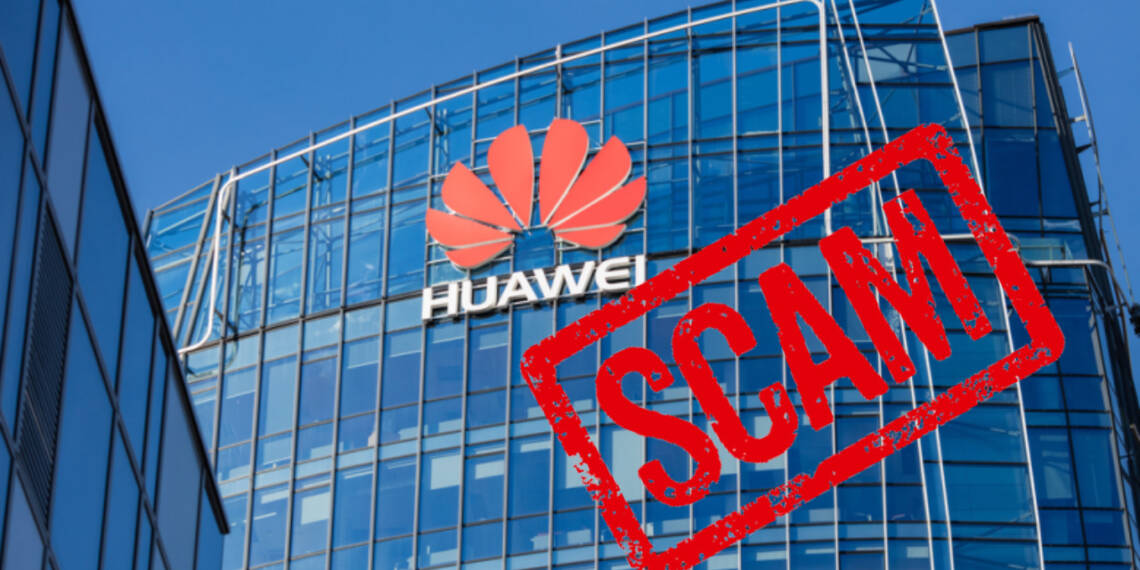Semiconductors are the new oil. The scarcity of semiconductors in the last couple of years has shocked the world economy and reduced the supply of everything from cars to headphones, highlighting the dependence of the contemporary world on one little component. Gaining strategic significance through dominance in the chip manufacturing industry enables countries to advance economically and politically.
The competition of semiconductors can put a country ahead in gaining an edge over the other. The recent U.S. Chips Act has rattled China. The Joe Biden administration had stated that companies who accept U.S. money under the act to increase America’s capacity to produce computer chips will be prohibited from setting up sophisticated fabrication facilities in China for 10 years.
China criticized the act as a threat to trade and an attack on Chinese business. Amidst all this fiasco, Huawei knows the urgency and importance of semiconductors and therefore has taken up a new initiative.
Huawei’s grand comeback?
China’s Huawei Technologies is working with Chinese semiconductor firms to set up “U.S. free” production lines in an effort to restart production of its own chips as soon as this year.
Huawei was one of the biggest technology companies a couple of years ago after Apple and Samsung are dealing with a big crisis. After Donald Trump designated Huawei as a “national security threat” in 2021, it’s all been downhill for Huawei.
The business lost access to crucial American technology and international chipmaking partners. Huawei which was once the world’s top manufacturer of smartphones has relied on hoarded inventories and off-the-shelf semiconductors to maintain the viability of its primary telecom equipment business.

Soon, it was banned by European nations, Canada and India. The situation became so intense for Huawei that its CEO said that survival is its only aim. Ren Zhengfei, founder of China’s 5G developer and telecom equipment provider Huawei in last month talked about “survival as the primary principle.”
The situation was so bad that Huawei even announced Huawei to go into pig farming as the company explores growth areas outside smartphones after sanctions.
Huawei seeks government incentive
Huawei which is barely surviving now aims to keep its ship floating via government incentives. China realises the importance of semiconductors and has chipped in Huawei for it.
According to three sources briefed on the situation, Huawei has redesigned some of its core chips so they can be produced using older, less sophisticated technology that is more easily accessible in China in order to speed up the production of its chips. Huawei is also working with other domestic chipmakers who are also on the U.S. blacklist.
The sources claimed that Huawei is deploying staff members to assist with the finance, acquisition, and management of multiple local chipmakers with “substantial government assistance” rather than starting its own chip manufacturing facilities from scratch. According to insiders, the objective is to construct production lines without U.S. “intervention.”
Also Read: The great China chip loot: Phony Semiconductor Chip makers scam China of Billions of Yuans
The biggest scam in making
However, in the disguise of “Chip-making” and making China the “chip powerhouse of the world”, Huawei is making a joke out of CCP.
A few years ago, in an effort to boost semiconductor manufacturing, China gave out loans to Chinese startups for taking up the task. However, many firms and start-ups with no technological basis, no experience and no related human resources are charging into the race to become China’s next chip-making champion.
Meng Wei, a spokesperson for the National Development and Reform Commission (NDRC) said that many companies have “blindly taken on projects” despite having no experience, technology or workers skilled in integrated circuit development.
These companies are exploiting the jingoism and filling their pockets. This is just the tip of the exact problem in semiconductor manufacturing. By the end of 2019, some 50 large-scale chip manufacturers across the country took in some 1.7 trillion yuan in funding and the result was way below expectations.
Huawei to keep itself afloat is applying the same trick now. Huawei which has become a ‘global pariah’, in the name of becoming “self-reliant” is asking the government for more funds. The funny part it has no prior experience in making semiconductors as sophisticated as those used by competitors such as Ericsson and Samsung Electronics. It has just made the chips for telecom equipment and its budding automotive industry. It along with other countries will soon become a non-performing asset for China. So, the biggest comeback that Huawei is seeking is nothing but a big scam in making.








